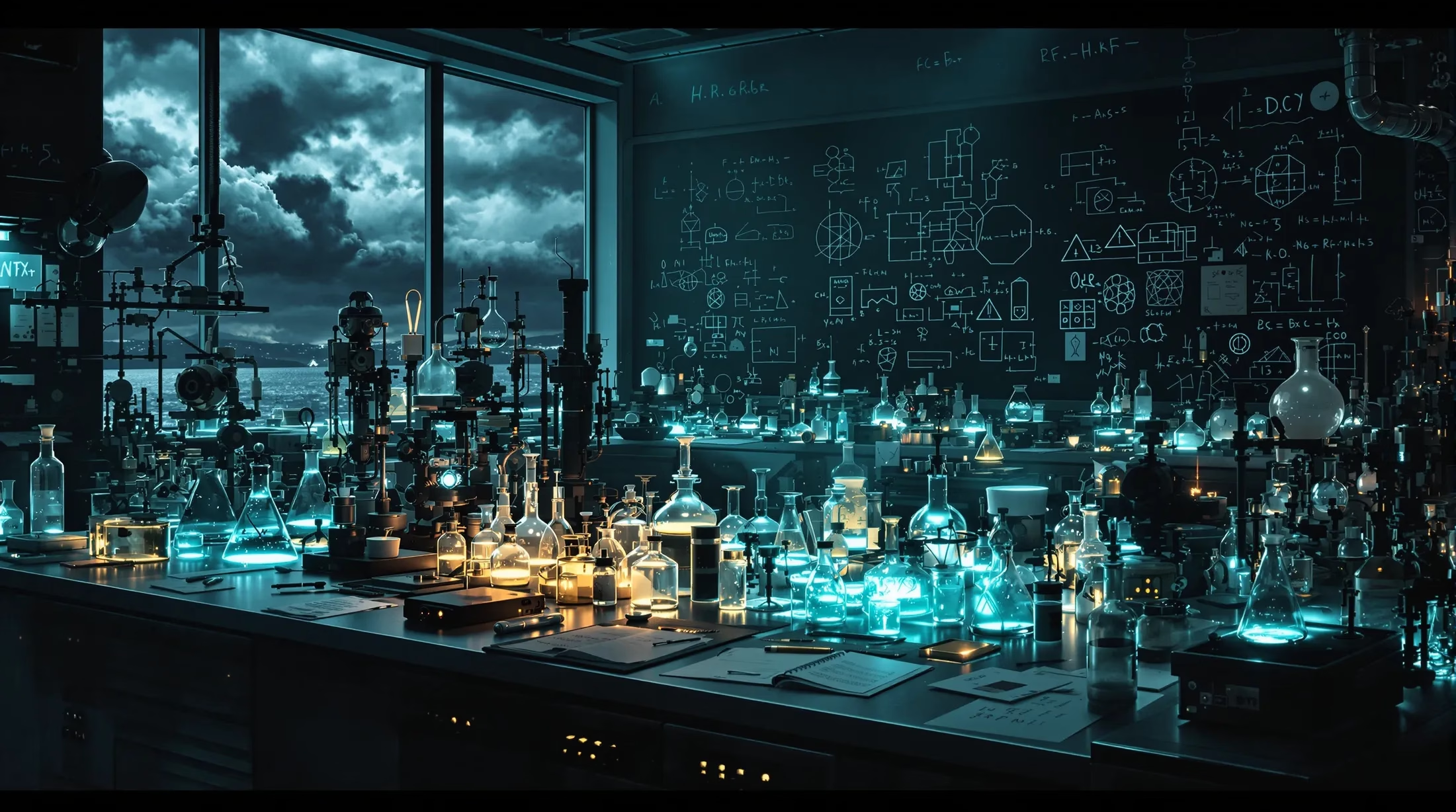Research and Development Scientist: Roles, Responsibilities, and Career Path
Discover the fascinating world of Research and Development (R&D) Scientists, where innovation meets scientific expertise to shape our future. Whether you’re considering a career in R&D or seeking to understand this dynamic field, this comprehensive guide explores the essential aspects of becoming and thriving as an R&D Scientist.
Understanding the Role of a Research and Development Scientist
R&D Scientists are the driving force behind technological advancement and scientific breakthroughs. These innovative professionals combine creative thinking with scientific methodology to transform abstract concepts into practical solutions. Their work spans multiple industries, including:
- Renewable energy development
- Specialty chemicals research
- Space exploration technology
- Nuclear technology advancement
- Biotechnology innovation
- Agricultural science
Defining Research and Development in Science
The R&D process consists of two distinct yet interconnected components:
| Component | Focus | Activities |
|---|---|---|
| Research | Knowledge Discovery | Hypothesis formulation, experimental design, data collection, analysis |
| Development | Practical Application | Prototyping, testing, refinement, product creation |
Key Responsibilities of R&D Scientists
- Designing and conducting complex experiments
- Analyzing data using advanced statistical methods
- Maintaining detailed documentation of research findings
- Collaborating with multidisciplinary teams
- Monitoring industry trends and scientific developments
- Contributing to patent applications
- Writing grant proposals
- Mentoring junior team members
Essential Skills for a Successful R&D Scientist
Success in R&D requires a unique combination of technical expertise and soft skills. The specific requirements vary by industry, with pharmaceutical R&D typically demanding higher academic qualifications, while biotechnology startups might emphasize versatility and adaptability.
Technical Skills Required in R&D
- Deep domain expertise in specific scientific fields
- Proficiency in research methodologies
- Advanced laboratory techniques
- Data analysis software competency
- Programming knowledge (Python, R)
- Technical writing capabilities
- Understanding of intellectual property concepts
- Project management abilities
- Regulatory compliance knowledge
Soft Skills for Effective Research and Development
While technical prowess forms the backbone of R&D work, soft skills drive innovation and collaboration success. Critical thinking and problem-solving abilities enable R&D Scientists to approach challenges from multiple angles, questioning assumptions and developing creative solutions. Strong communication skills are essential for articulating complex scientific concepts to diverse audiences, from fellow specialists to non-technical stakeholders, through both written reports and verbal presentations.
- Critical thinking and creative problem-solving
- Written and verbal communication expertise
- Cross-functional collaboration abilities
- Adaptability to changing research directions
- Resilience in handling setbacks
- Continuous learning mindset
- Time management and organizational skills
- Leadership capabilities for team management
Career Path and Opportunities in Research and Development
The R&D career landscape spans multiple industries, from renewable energy and specialty chemicals to biotechnology, space exploration, and agriculture. Major research hubs like New York, currently offering approximately 97 R&D Scientist positions, serve as centers for scientific innovation and career growth. Companies like Thermo Fisher Scientific provide environments where scientists can work on cutting-edge projects and contribute to significant advancements.
Educational Pathways for Aspiring R&D Scientists
- Bachelor’s degree in relevant scientific disciplines (chemistry, biology, physics, or engineering)
- Advanced degrees (master’s or PhD) for specialized roles
- Hands-on experience through internships and research assistantships
- Industry-specific certifications
- Supplementary education in business and project management
- Ongoing professional development through conferences and workshops
Advancement Opportunities in R&D
| Career Path | Focus Areas |
|---|---|
| Technical Specialist | Deep expertise development, project leadership, mentoring |
| Management Track | Team leadership, strategic planning, budget management |
| Product Development | Innovation commercialization, cross-functional collaboration |
| Entrepreneurship | Startup founding, technology commercialization |
| Adjacent Roles | Scientific consulting, intellectual property management, regulatory affairs |
Challenges and Future Trends in Research and Development
The R&D landscape continues to evolve, presenting both challenges and opportunities. Organizations must innovate within increasingly stringent economic and regulatory frameworks while maintaining faster innovation cycles. The geographical expansion of R&D beyond traditional hubs creates new opportunities but also introduces collaboration challenges. The integration of technologies across industries demands broader knowledge bases and more adaptable research approaches from R&D Scientists.
Current Challenges Faced by R&D Scientists
R&D Scientists face complex challenges that extend beyond traditional laboratory work. The landscape of scientific research has become increasingly demanding, with multiple obstacles requiring strategic navigation.
- Funding constraints and tightening research budgets despite pressure for faster results
- Growing complexity of scientific problems requiring sophisticated equipment
- Competitive intellectual property landscape and patent securing difficulties
- Balance between scientific rigor and commercial viability
- Expanding regulatory compliance requirements, especially in pharmaceuticals and biotechnology
- Complex data management and analysis of unprecedented information volumes
- Resource and time constraints while maintaining scientific excellence
- Need for interdisciplinary expertise and longer development timelines
Emerging Trends in R&D
| Trend | Impact |
|---|---|
| AI and Machine Learning | Revolutionizing data analysis, experimental predictions, and discovery processes |
| Open Innovation | Fostering research consortia, academic partnerships, and crowdsourced solutions |
| Sustainability Focus | Driving research in renewable materials and circular economy solutions |
| Personalization Technologies | Advancing tailored solutions in healthcare and consumer products |
| Miniaturization | Enabling portable diagnostics and democratizing research capabilities |
Success in modern R&D requires scientists to develop cross-disciplinary knowledge while embracing digital transformation. The ability to navigate these evolving dynamics while maintaining scientific rigor has become essential for translating innovations from concept to real-world applications. These trends emphasize the importance of collaboration skills and adaptability in the changing research landscape.







